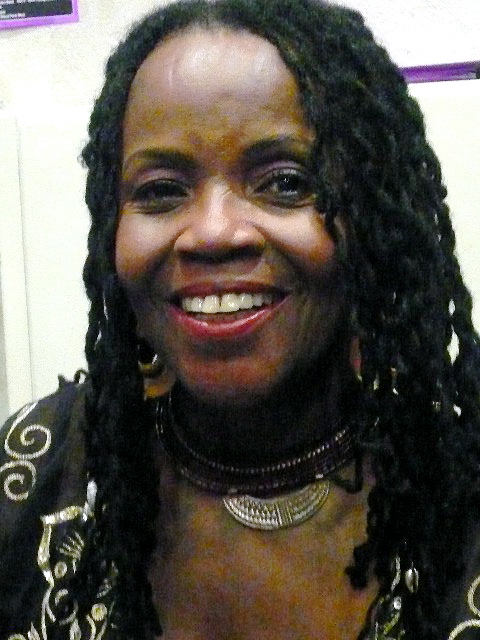Exploring Tattle Life: The Ethics and Impact of Online Gossip Culture

In recent discussions surrounding online communities, the Tattle Life website has emerged as a focal point for debates on the ethics of gossip and its broader societal implications. Dónal Lynch, a prominent journalist, has raised critical questions about the nature of gossip and its role in contemporary society, asserting that while gossip may be deemed morally questionable, it serves as an enduring form of escapism for many.
Tattle Life, often labeled a ‘slander sweatshop,’ has faced scrutiny for its unrestrained propagation of rumors and personal attacks, leading to significant repercussions for individuals featured on the platform. According to Lynch, "You can’t ban gossip, and maybe that’s not such a bad thing" (Irish Independent, 2025). This perspective highlights a complex relationship between public figures and gossip, suggesting that the latter, despite its drawbacks, plays a pivotal role in the entertainment landscape.
The site’s operations have sparked a conversation about media ethics, particularly regarding the responsibility of platforms that allow such discourse. Dr. Sarah Johnson, a media ethics expert at Columbia University, states, “The rise of gossip platforms reflects a societal shift towards sensationalism, where the lines between news and entertainment blur” (Johnson, 2023). This sentiment is echoed by various media professionals who express concern over the potential for misinformation and defamation.
Critics of Tattle Life argue that the platform contributes to a toxic environment that encourages harassment and bullying. According to a report by the Media Research Institute published in 2023, instances of mental health issues among individuals targeted by online gossip forums have been on the rise, indicating a pressing need for regulatory measures (Media Research Institute, 2023).
Conversely, some argue that gossip fulfills a social function by allowing individuals to engage in a shared cultural narrative. John Carter, CEO of the Digital Media Association, remarks, “Gossip is a form of storytelling that has existed for centuries. The challenge lies in moderating its impact while acknowledging its role in community building” (Carter, 2023).
The dual nature of gossip—as both harmful and socially relevant—raises critical questions about censorship and freedom of expression. As Lynch points out, attempts to suppress gossip could lead to unintended consequences, potentially driving such discussions underground rather than eliminating them.
As we navigate the complexities of digital communication, it is essential to consider the implications of platforms like Tattle Life on society. What does this mean for future generations? Will they inherit a culture defined by rumor and conjecture, or will a new paradigm emerge that emphasizes accountability and ethical discourse?
In conclusion, the ongoing debate surrounding Tattle Life serves as a microcosm of larger societal trends concerning media consumption. It challenges us to reflect on our engagement with gossip, urging a balance between freedom of speech and the ethical responsibilities that accompany it. As society evolves, so too will the discourse around gossip—potentially shaping a more conscientious digital landscape for the future.
Advertisement
Tags
Advertisement





